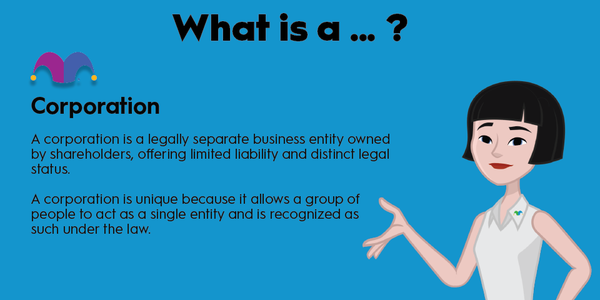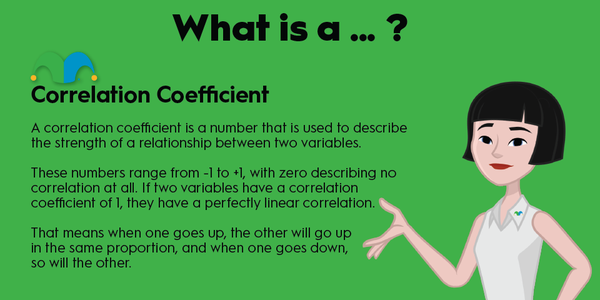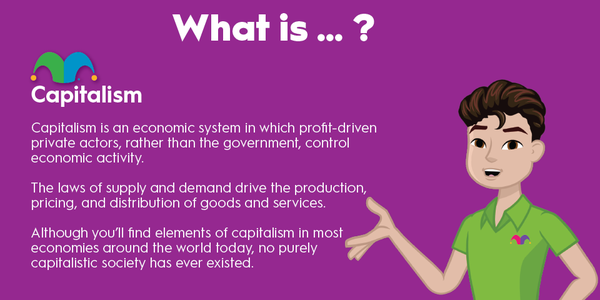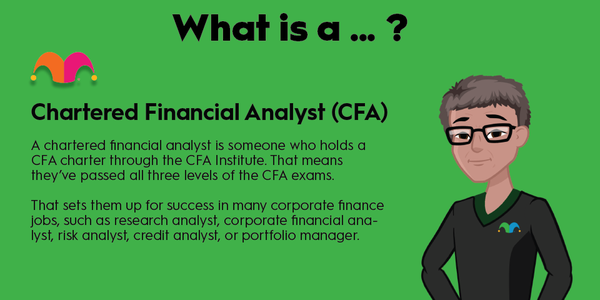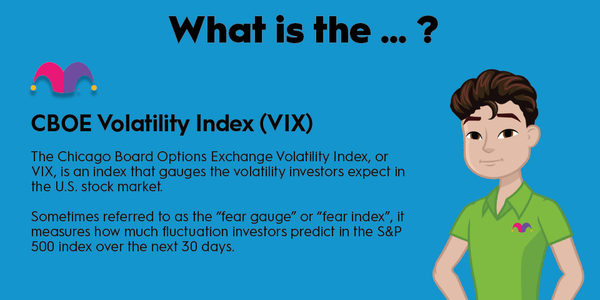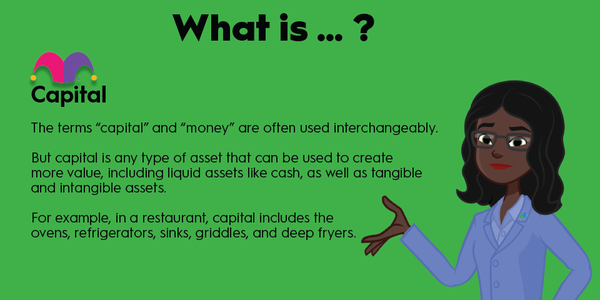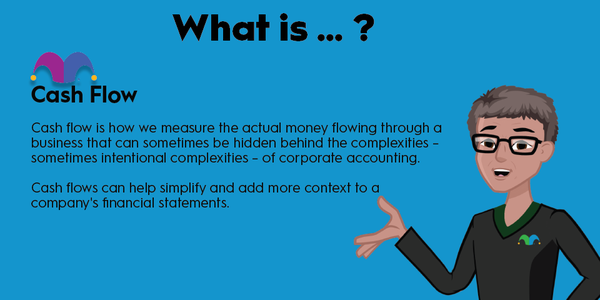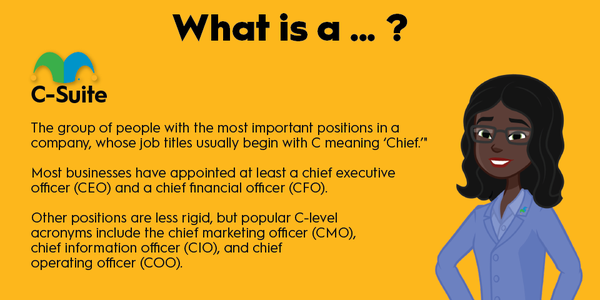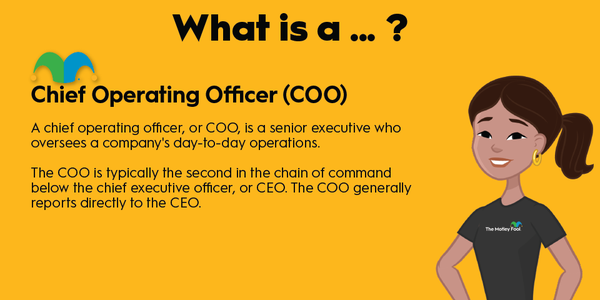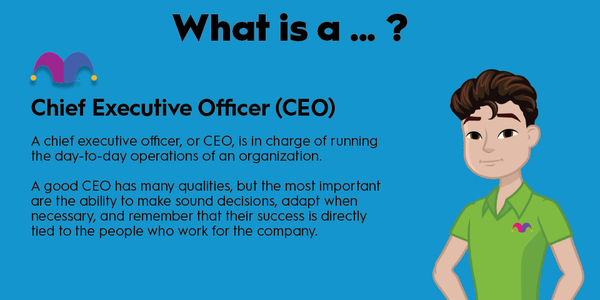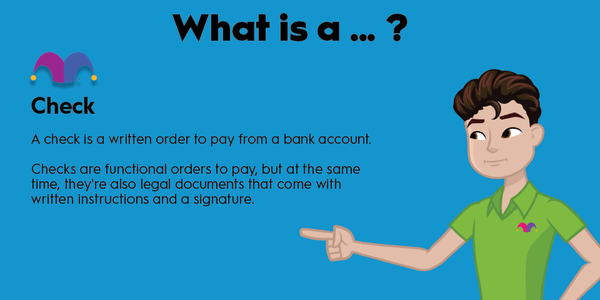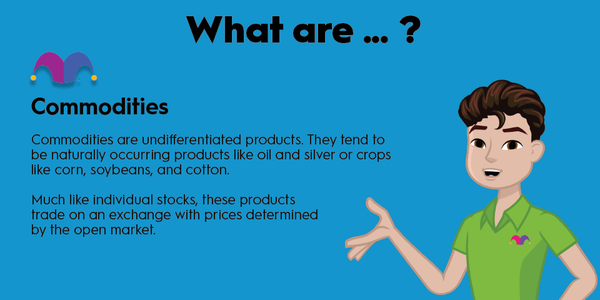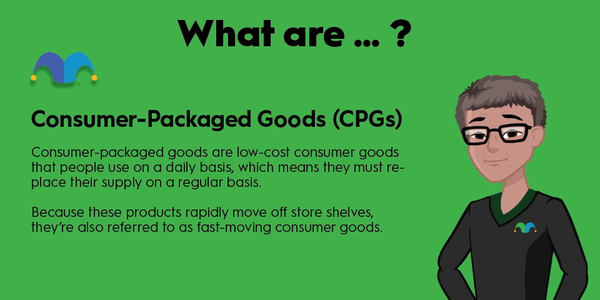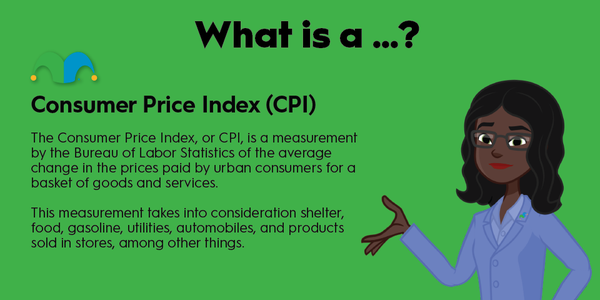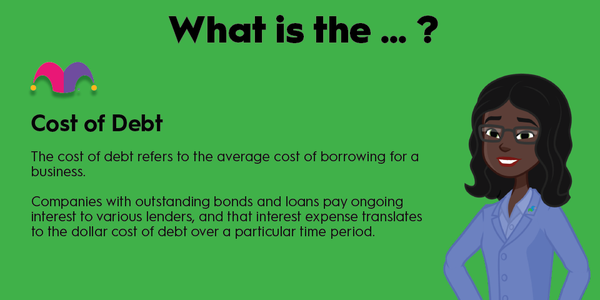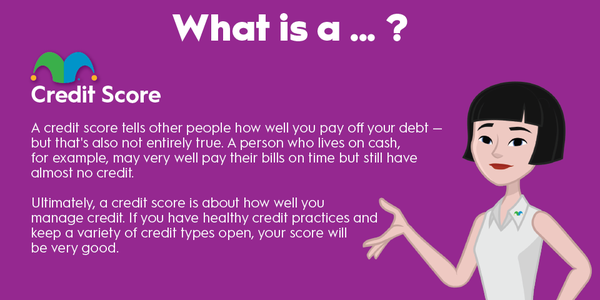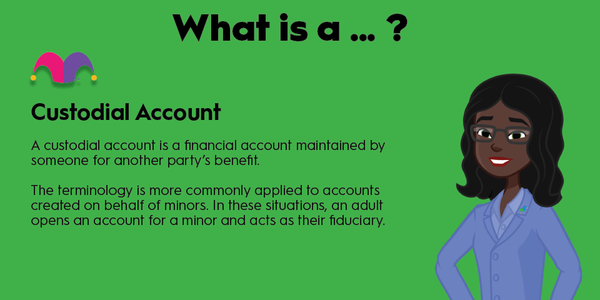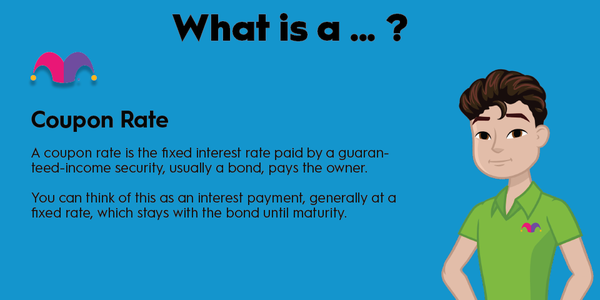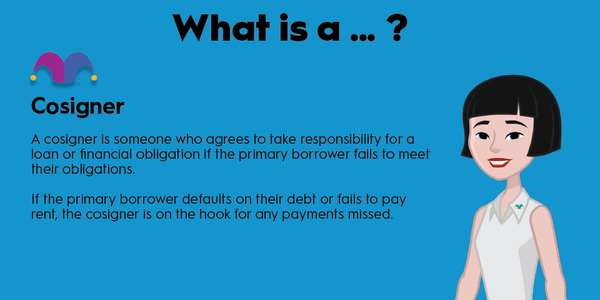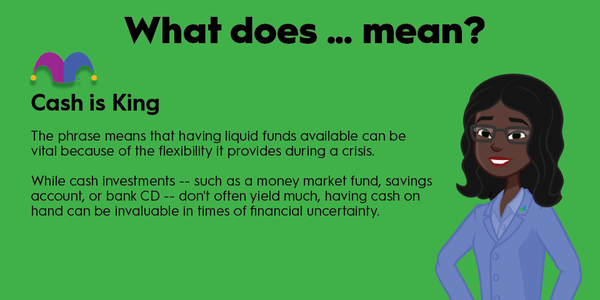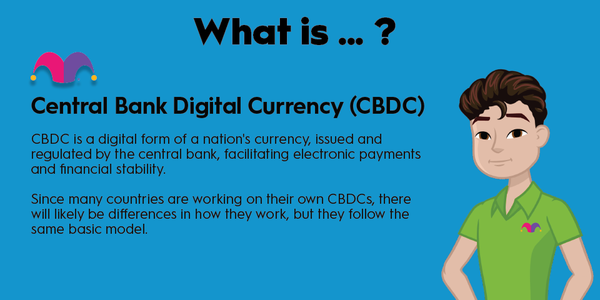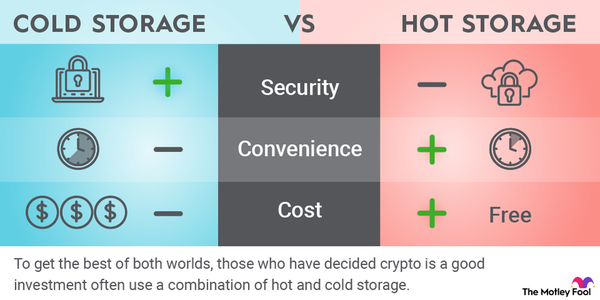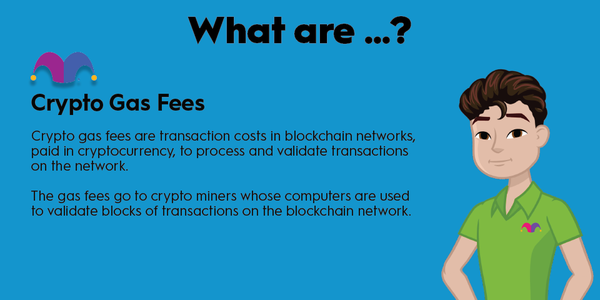Investing in an exchange-traded fund or mutual fund can be a simple way to invest in lots of companies (or bonds or commodities) with a single investment. There's another way to invest in a single entity that deploys your money for you into many investment opportunities: the closed-end fund, which invests the capital it raised from shareholders in its IPO in stocks, bonds, and other securities. Learn how closed-end funds differ from mutual funds and ETFs.
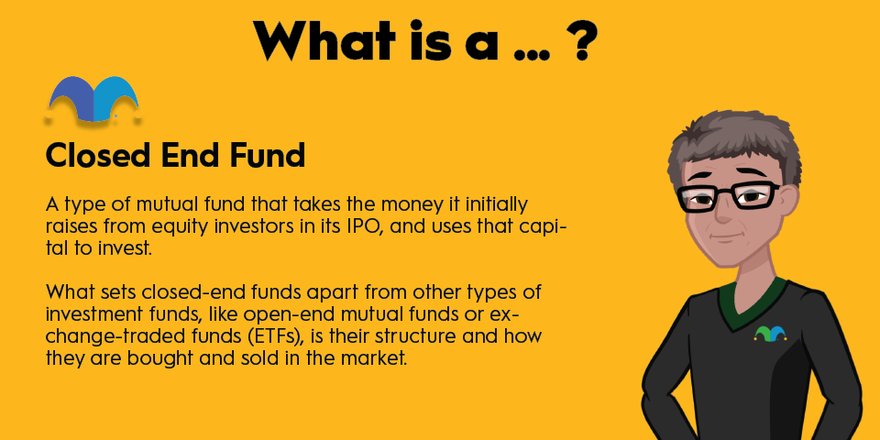
What is a closed-end fund?
What is a closed-end fund?
A closed-end investment company is one of three basic types of investment companies. The other two types are open-end funds (typically mutual funds) and unit investment trusts (UITs). ETFs are usually structured as open-end funds, though they can also be structured as UITs.
A closed-end fund takes the money it initially raises from equity investors in its IPO, and uses that capital to invest. This is different than open-end funds like mutual funds and most ETFs, which are open-ended. That means they continuously take in new money from investors to invest on their behalf.
How they work
How closed-end funds work
Generally speaking, closed-end funds have some things in common with open-end funds.
- Both invest pooled capital from many investors in a select group of assets or asset types.
- Both have a professional manager making investment decisions and running the fund.
- Both make distributions (like a dividend) of income and capital gains.
- Both charge a management fee -- reflected as the expense ratio -- to cover expenses and to generate profit for the manager.
Looking beyond these, however, closed-end funds are generally pretty different:
- Closed-end funds generally do not raise new capital from investors or otherwise issue new shares. They are "closed" to new equity investments. Open-end funds (ETFs and mutual funds) constantly accept new investors and cash out selling investors.
- Since no new capital is coming in and most of its capital gains and net income are distributed back to investors, Closed-end funds often use debt to raise additional funds used to -- or attempt to -- boost returns.
There are other differences, but these are some of the key ones. One more that's very important to investing in closed-end funds is understanding how their shares are priced.
Unlike ETFs and mutual fund shares, which tend to trade very closely to the net asset value of the assets owned by the fund, closed-end funds can trade for a wide range of prices, including a significant discount or significant premium to NAV.
This is the case for a few reasons. As a starting point, the use of debt can play a role. A fund that successfully uses debt leverage to boost returns will generally trade for a premium, especially if the manager has a track record of delivering outsized gains.
Simply put, the effective use of leverage adds value above the NAV. This can also be the case if the fund invests in a sector or area that's popular with investors. On the contrary, if a sector is out of favor and a closed-end fund has significant exposure to it, it may trade for a discount to NAV even if the assets owned by the fund are high-quality.
Lastly, the simple math of supply and demand can play a role as well. Unlike open-end funds that issue new shares when demand increases and buy back shares when demand weakens -- keeping their price more in line with NAV -- the fixed, limited supply of shares in a closed-end fund can further disconnect from NAV simply based on whether investor demand is high or low.
Risks
The risks of investing in closed-end funds
Like all investments, closed-end funds come with risk. Here are a few specifics to consider:
- Leverage risk: The use of debt to boost returns can also amplify losses.
- Derivatives risk: Trading in derivative instruments (such as for debt and commodities) comes with volatility that can result in significant losses.
- Concentration risk: Closed-end funds typically focus on a region or asset class. This can boost returns but also amplify losses.
- Credit risk: Owning debt can pay off, but if the payee defaults, losses can result or take years to recover.
There are more risks, but these are some of the most important to consider.
Related investing topics
Should you invest?
Should you invest in closed-end funds?
Just as with any other investment, the answer is: "It depends." How does a particular fund fit within your long- and short-term goals? Does it increase your concentration or exposure to something you already own a lot of? Are you chasing the hot investment idea of the day?
In other words, take the time to make sure that a particular closed-end fund meets the same standards as any other investment you would consider buying. Like mutual funds and ETFs, there are good reasons to own them, but as with any investment, make sure you know what you're buying and why.


